In the ever-evolving landscape of music discovery, Zers have forged their own paths, turning away from traditional radio and curated playlists toward more organic, community-driven experiences. This shift isn't just about finding new songs—it's about identity, connection, and the thrill of uncovering hidden gems in the vast digital soundscape. For a generation raised on the internet, the platforms they use reflect their values: authenticity, interactivity, and a hunger for serendipity.
At the forefront of this movement is TikTok, a platform that has fundamentally reshaped how music goes viral. Short-form video content has become the modern-day equivalent of word-of-mouth recommendation, with snippets of songs soundtracking everything from dance challenges to heartfelt moments. When a track gains traction on TikTok, it doesn't just become popular—it becomes a cultural touchstone, embedded in the collective consciousness of millions. Artists like Lil Nas X and Doja Cat owe much of their breakout success to the platform's unique ability to turn a 15-second clip into a global phenomenon.
But TikTok is just one piece of the puzzle. YouTube remains a powerhouse for music discovery, particularly through its algorithm-driven recommendations and deep well of user-generated content. From lyric videos and live performances to reaction channels and curated mixes, YouTube offers a level of depth and variety that few platforms can match. For Zers, it's not just about listening—it's about watching, engaging, and immersing themselves in the visual and auditory experience of music.
Streaming services like Spotify and Apple Music have also adapted to the preferences of younger listeners. While their algorithmic playlists still play a role, it's the social features—shared playlists, collaborative listening sessions, and artist interactions—that resonate most with Zers. The ability to see what friends are listening to in real-time or to co-create a playlist for a road trip adds a layer of intimacy and shared experience that pure algorithm-based discovery lacks.
Beyond the mainstream, niche platforms and communities thrive. Discord servers dedicated to specific genres, Bandcamp for independent artists, and even gaming platforms like Fortnite, which hosts virtual concerts, have become unexpected hubs for music exploration. For Zers, the lines between entertainment, socializing, and music discovery are increasingly blurred, creating opportunities for unexpected connections and discoveries.
Social media platforms like Instagram and Twitter also play a subtle but significant role. Artists often debut snippets of new work on their stories or feeds, turning followers into early adopters and evangelists. Meanwhile, fan communities on Twitter amplify these moments, creating waves of excitement and anticipation that can propel a song from obscurity to ubiquity in a matter of hours.
What ties these diverse platforms together is their emphasis on community and participation. Zers don't want to be passive consumers of music; they want to be active participants in its creation, curation, and dissemination. Whether it's by creating a TikTok dance, sharing a Spotify playlist, or joining a Discord listening party, they are shaping the musical landscape in real-time, one interaction at a time.
This participatory culture extends to live music as well. Virtual concerts, live-streamed performances, and interactive events on platforms like Twitch have become staples of the Zer music experience. Even as in-person events return, the digital counterpart remains a vital space for discovery and connection, especially for those who might not have access to physical venues.
The role of algorithms cannot be ignored, but their influence is nuanced. While Zers appreciate personalized recommendations, they are also wary of echo chambers and overly commercialized playlists. They value authenticity above all, often seeking out music that feels genuine and untethered from corporate interests. This is why platforms that prioritize user-generated content and community input often resonate more deeply than those driven solely by data.
In many ways, the way Zers discover music is a reflection of their broader worldview: decentralized, interconnected, and deeply human. They are leveraging technology not to replace human connection but to enhance it, creating networks of shared taste and mutual discovery that span the globe. The result is a musical ecosystem that is more diverse, dynamic, and democratic than ever before.
As the landscape continues to evolve, one thing is clear: the future of music discovery will be shaped by those who are not just listening but also creating, sharing, and connecting. For Zers, music is not a solitary pleasure but a communal experience—a soundtrack to their lives, co-created with friends, artists, and strangers alike.
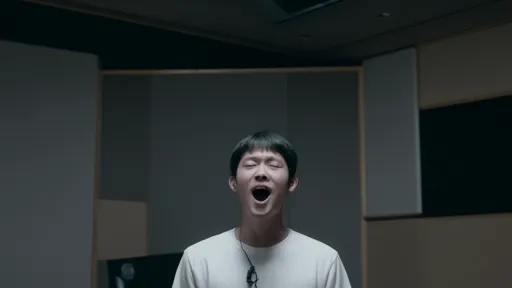
By /Aug 22, 2025

By /Aug 22, 2025
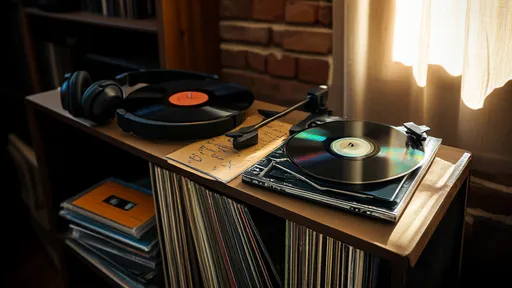
By /Aug 22, 2025
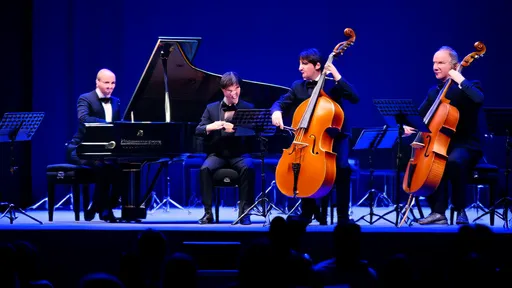
By /Aug 22, 2025
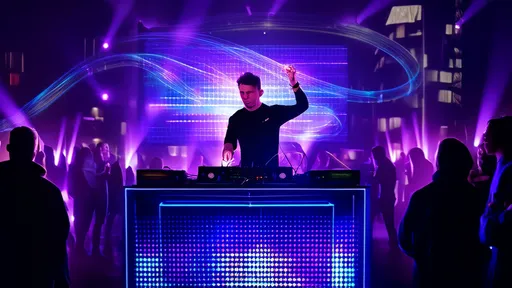
By /Aug 22, 2025
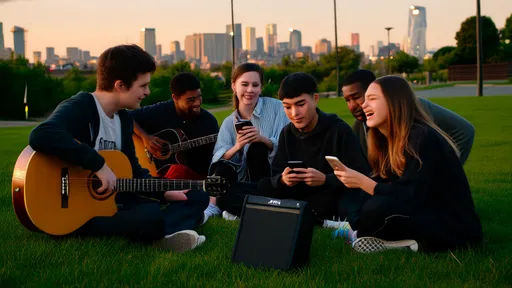
By /Aug 22, 2025

By /Aug 22, 2025

By /Aug 22, 2025

By /Aug 22, 2025
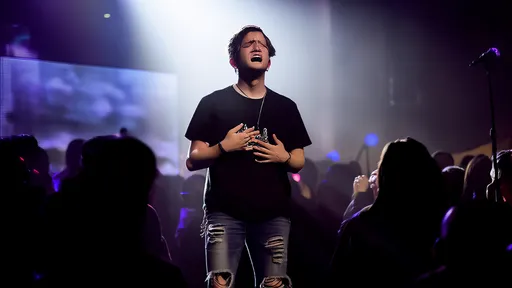
By /Aug 22, 2025

By /Aug 22, 2025
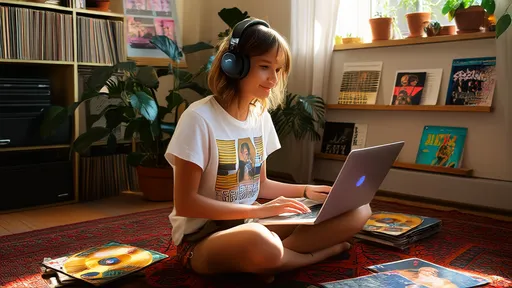
By /Aug 22, 2025
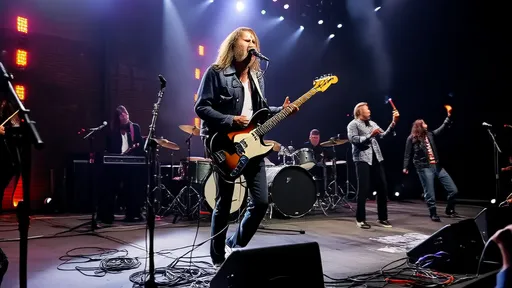
By /Aug 22, 2025
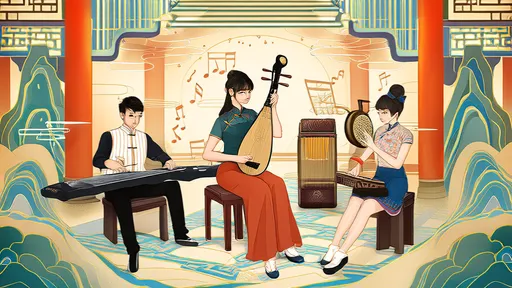
By /Aug 22, 2025
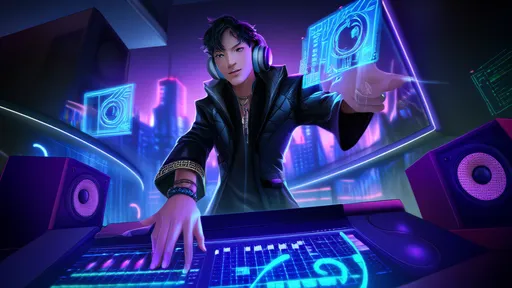
By /Aug 22, 2025
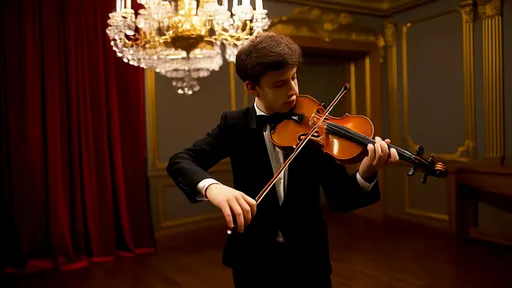
By /Aug 22, 2025
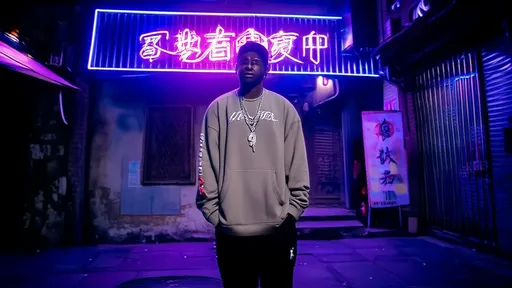
By /Aug 22, 2025
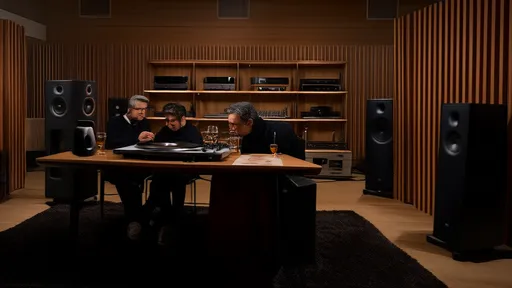
By /Aug 22, 2025

By /Aug 22, 2025
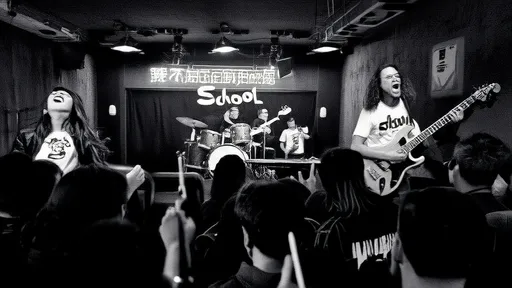
By /Aug 22, 2025